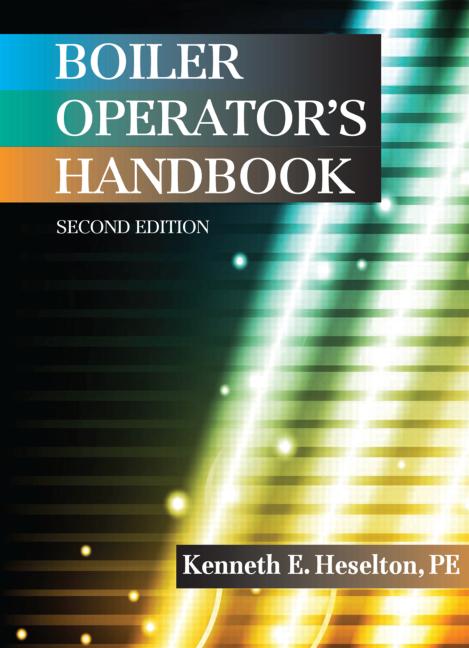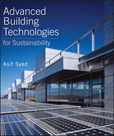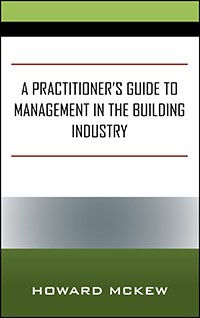I have personally stayed away from the LEED AP status because I don't see the value of it for me as a commissioning engineer. Only one person on the job needs to be responsible for facilitating the LEED scorecard achievement and it doesn't need to be me. I figure I have earned my right to participate and contribute because I was around for the first energy crisis and learned a lot about energy conservation, innovative design, and troubleshooting "award-winning" building systems that didn't work. Since the energy crisis of 1974, I've learned a lot about energy and environmental design. I'm not saying I know everything, but I do feel I don't need to be certified to confirm my on-the-job experience.
With commissioning being a prerequisite for LEED energy/environmental conscious projects, our commissioning group has had the benefit of working on a lot of jobs in recent years and we have done it without having an AP on staff. At the same time, we often come across an AP working on his first LEED job.
Based on experience, who knows more about the LEED process: the commissioning engineer with 15 to 18 energy and environmental project experiences or an AP with little to no energy and environmental experience?
NO ADDED VALUE
Now I don't have a problem with someone leading and learning because you have to start somewhere but what is the value of first-time with accreditation/certification? As a side note, if you want to learn more about energy and environmental lessons learned, log on tohttp://blog.esmagazine.com.What about the air and water balancer's program for proficiency? Whether it is the National Environmental Balancing Bureau (NEBB), Associated Air Balance Council (AABC), or Testing Adjusting and Balancing Bureau (TABB), they all have guidelines, but is the client receiving the benefits of these guidelines?
Educated clients need only look at each of these organizations' textbooks on their certification process and they will probably find, certified or not, it probably wasn't followed and many of the really useful air and water balancing forms and checklists in these books were not used.
I took the NEBB test back in 1997 and know what needs to be done and what needs to be documented. To date, few balancers adhere to their own process nor do they use the documents available to them. So what is the value of certification if industry standards are not going to be followed?
Now let's apply the same logic to certified commissioning specialists, whether is it from one of three or four organizations advocating certification (and there may be more to follow), or those air and water balancing organizations who also offer commissioning certification. Unlike the LEED process/scorecard or the air and water balancing industry standards, commissioning doesn't have industry standards.
Again, experience overrides certification and a process overrides no industry standard. In our office, we have several commissioning engineers with 15 to 18 projects under their belt including several LEED projects and none of them are certified commissioning engineers. I don't see certification credentials adding value to their commissioning expertise.
Another important commissioning issue is our company has a standardized process where despite the lack of an industry standard, and it is ISO-9001 compliant too. Collectively, we have blended technical knowledge with on-the-job experience to deliver a quality product to the client.
Again, what is the value of certification when the individual has limited commissioning experience and/or the company has not established a standardized process? And, if you think certified commissioning status is important, then which of the certification programs will it be?
So what is the point of this discussion? Well if you are someone who will be soliciting LEED services, recognize that only one person needs to be accredited, and the more LEED experience the design and construction team has, the better the job should be.
If you are soliciting for third-party air and water balancing service know what the certified professional's entire process is and require this firm follow their industry standards. If soliciting third-party commissioning services know what you are getting or not getting when you mandate the commissioning professional be certified.



